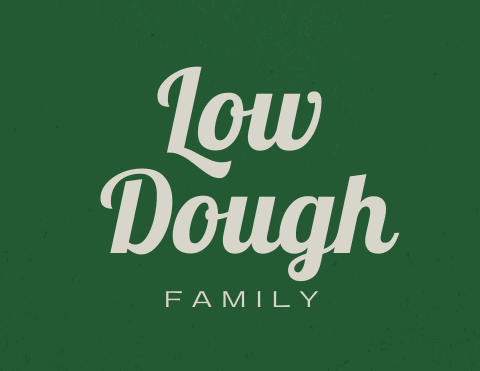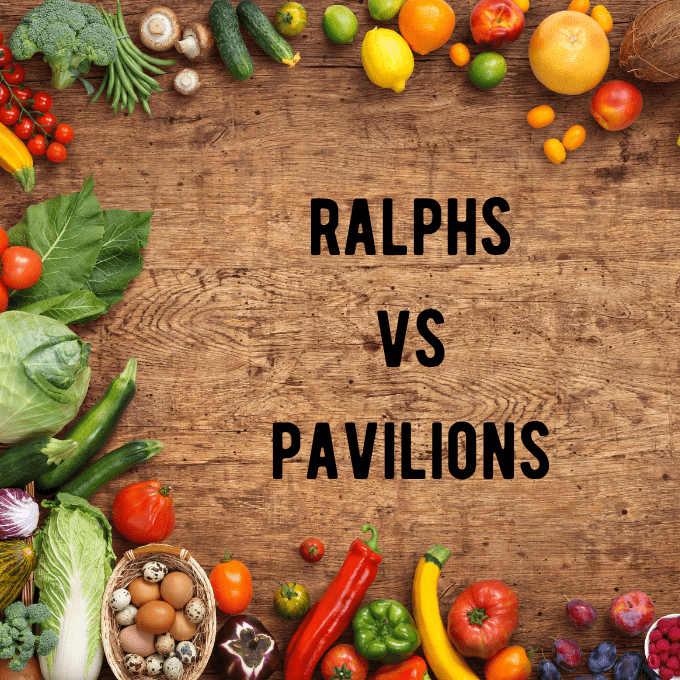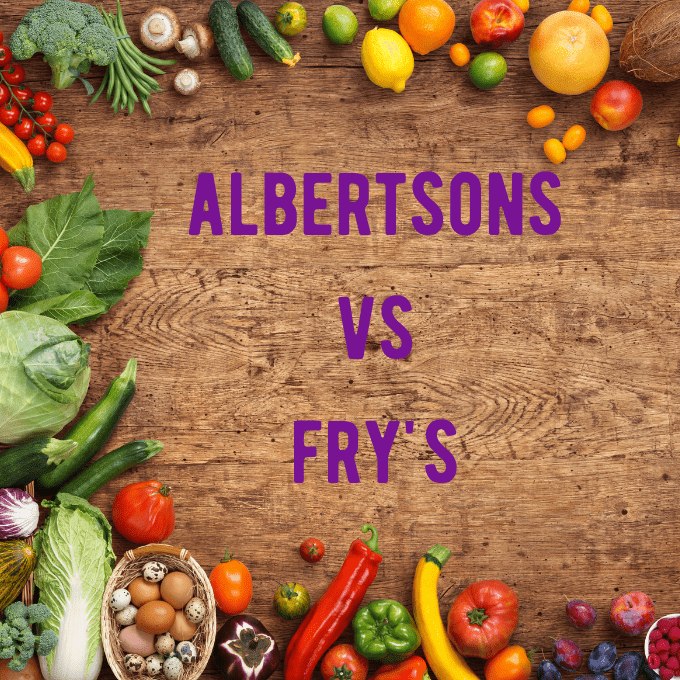Expired Food at the Grocery Store
The average consumer rarely checks expiration dates on their food and food products. Most will check the dates on their milk but will rarely stop and check dates on other food. It is because of this lack of checking that stores can sometimes end up selling expired items.
Although food expiration dates are hardly accurate or always a good indicator that a product has gone bad, they are important for some types of food. In order to truly understand expiration dates and why they are useful, you will need to know if grocery stores can sell expired food and products, how supermarkets deal with expired food, how to report a grocery store, and what actions can be taken against a grocery retailer.

Can grocery stores sell expired food?
Since the 1950s different areas of state and federal government has been trying to implement a standardize system for food safety dates. As of now, there is no formal system in regard to sell by and expiration dates.
The USDA (United States Department of Agriculture) and FDA (Food and Drug Administration) have the ability to regulate food labeling in their different areas but as of now they choose not to enforce a standard food dating system.
Some states do have rules regarding certain products and expiration dates, but this can vary a lot from state to state. So, if there is no true system for expiration dates, that means grocery stores can sell expired food, right?
Kind of….. yeah not the answer you were expecting! Most sell by dates have nothing to do with the consumer and have more to do with the store and how they stock their inventory. It’s basically a suggestion to the store to sell these items by this date before restocking.
For instance, Montana has very strict laws about labelling milk with a sell by date of within 12 days of being pasteurized. This law may seem excessive if you know that milk is usually good for 21 days after being pasteurized. So, what happens to all this milk on the 13th day? It all gets thrown out even though it is still within the suggested time frame of milk.
In some items like baby formula, there are strict rules about expiration dates set by the FDA, but for everything else, it is up to the states and even counties to set and enforce any laws. The FDA does have a handy chart for how long different items should last and you can print out your own copy here.

Can grocery stores sell expired products?
In the state of Georgia, it is considered illegal to sell any “perishable” food after the expiration date. This includes items like prepacked sandwiches, milk, eggs, fresh shellfish, and pretty much anything labelled as “keep refrigerated”.
This leaves a whole lot of foods available to be sold past the expiration date in grocery stores in Georgia. In Los Angeles County, there only law about expired food applies to baby food and infant formula.
Nassau County, New York has a very strict law regarding that no food can be sold after its expiration date. On the other hand, the state of Florida, has no laws against selling food past the expiration date, instead they only offer recommendations given by the FDA.
Some states have opted to only enforce rules on grocery stores where it cannot sell items past the “USE BY Date” but it is ok sell past the “SELL by date” or “Best Before date”.
There are 9 states that don’t have any laws at all requiring that ALL food products must have a label. To check how your state regulates labels and which states have laws against selling food past certain dates, check out this report by Natural Resources Defense Council.

How do supermarkets deal with expired food?
You may be thinking that there is a whole lot of “expired” food that is getting thrown away every day and you would be right.
Just like we mentioned in “Cheap Lunch Ideas for Work“, it is estimated that Americans throw out 108 BILLION pounds of food each year. Yet a bunch of the so-called expired food, is totally fine to eat.
Most foods are perfectly safe to eat past the expiration date. When it comes to fresh meat, seafood, milk, and dairy products most people will want to follow the expiration dates. When it comes to pretty much anything else in the grocery store like dry goods and canned goods, expiration dates are pretty useless.
As long as the item isn’t damaged or show signs that it has been wet, most canned and dry good types of food products are perfectly fine to consume past their expiration date.
When food is coming up on its expiration date but is not past the date, most grocery retailers will offer these goods up for well discounted prices. It is basically a last-ditch effort to sell these products before the date passes.
These are typically known in most stores as “Manager Specials” and are a great way to save money on food. We love to stock up on canned foods, meat that we will freeze, and even produce that we will use or freeze right away.
When it is past the expiration, large retailers like Walmart are now taking these expired foods and finding ways to lessen their food waste. For instance, they have started recycling expired food products like organic produce into processed animal feed and commercial composting.
Grocery stores are also donating expired food products to food banks, homeless shelters, and to agencies that distribute food to those in need.
Even with the recycling and donating of expired foods, so much perfectly good to eat food gets thrown away and sent to landfills every year.

Where to report a grocery store selling expired food?
If you live in state where selling food past the expiration date is not allowed, then you can report these grocery stores. Typically, you would contact your state’s Department of Agriculture.
Most states have a phone number or online form to fill out to report such instances. Each report is then investigated.
In most cases, if you accidently purchase expired food, you will want to take it back to the store. The store should give you a refund or offer to exchange the item at no additional cost.
What action can be taken against a retailer that sells expired food?
Some stores will continue to sell expired food again and again. This is not due to a simple stocking mistake, and it is usually a more deliberate action.
In these situations, you can stop shopping at that retailer or even report any unsafe food practices to your local Health department. They can determine if the retailer is possibly injuring the public by selling unsafe food.
Some people have mentioned trying to sue a store that blatantly sold expired food products, but in most cases, this would have to be done in small claims court. You would also have to show that you attempted to return the food for a refund or exchange and then were denied.
Finally, you would have to show that you were injured or made ill by the food product. Most retailers will just refund the item’s purchase price rather than have you sue them.
Retailers also know that the cost to sue a store is going to cost more than the purchase price and most consumers will not make good on a threat to sue. Another hurdle will be finding a lawyer willing to sue a store without having concrete proof that they sold the goods past the expiration date on purpose and that it caused physical harm.

Food Products past the Expiration Date
In general, most food expiration dates have nothing to do with consumers. They are simply suggestions on when to sell and stock the food items, and to ensure retailers are properly rotating their inventory.
You can check out more information about when and how grocery stores stock their aisles in “When you Grocery Shop Matters!“
I am a huge fan of checking expiration dates in the store when I am buying food. This has more to do with making an informed buying decision and less about food safety and food quality.
99% of all food does not go bad on the day of the expiration date. The 1% that does go bad is usually due to bad handling or not storing it correctly. If you suspect that food has gone bad, you can usually use your nose to test it. If it smells bad or changed texture, then go ahead and toss it or compost it.
The moral of the story is do not be afraid of expired food, but instead be informed about expired food!






